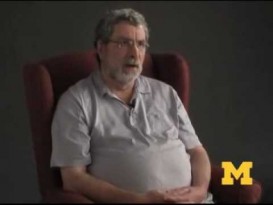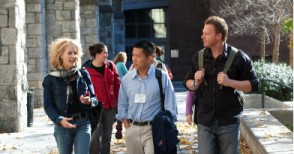News
Thrive in your career with this radical, future-proofed approach to work in a world where automation, globalization, and downsizing are an urgent and threatening reality—from experts in workplace mental health, Gabriella Kellerman, CPO of BetterUp, and world-renowned psychologist Martin Seligman.
In recent years, workplace toxicity, industry volatility, and technology-driven turnover have threatened the psychological well-being of employees. When we can’t flourish at work, both personal success and corporate productivity suffer. As we sit on the cusp of some of the most turbulent economic changes in history, many of us wonder how we can not only survive but flourish in our careers.
When Martin E. P. Seligman first encountered psychology in the 1960s, the field was devoted to eliminating misery: it was the science of how past trauma creates present symptoms. Today, thanks in large part to Seligman’s Positive Psychology movement, it is ever more focused not on what cripples life, but on what makes life worth living–with profound consequences for our mental health.
https://www.amazon.com/Hope-Circuit-Psychologists-Helplessness-Optimism-...
How do you get to “happily ever after”? Happy Together combines scientific research and real-life examples so you can build a thriving romantic relationship.
https://www.amazon.com/Happy-Together-Science-Positive-Psychology/dp/014...
Stress is inevitable. But psychologists are learning more about how to keep it from becoming overwhelming. Midlife, in particular, can bring with it many stressful events: divorce, the death of a parent, a stagnating career.
It’s no secret that communities across the United States differ greatly. Researchers from the University of Pennsylvania’s World Well-Being Project sought a simple way to capture, explore and share such differences on a large scale.
- 1 of 7
- next



